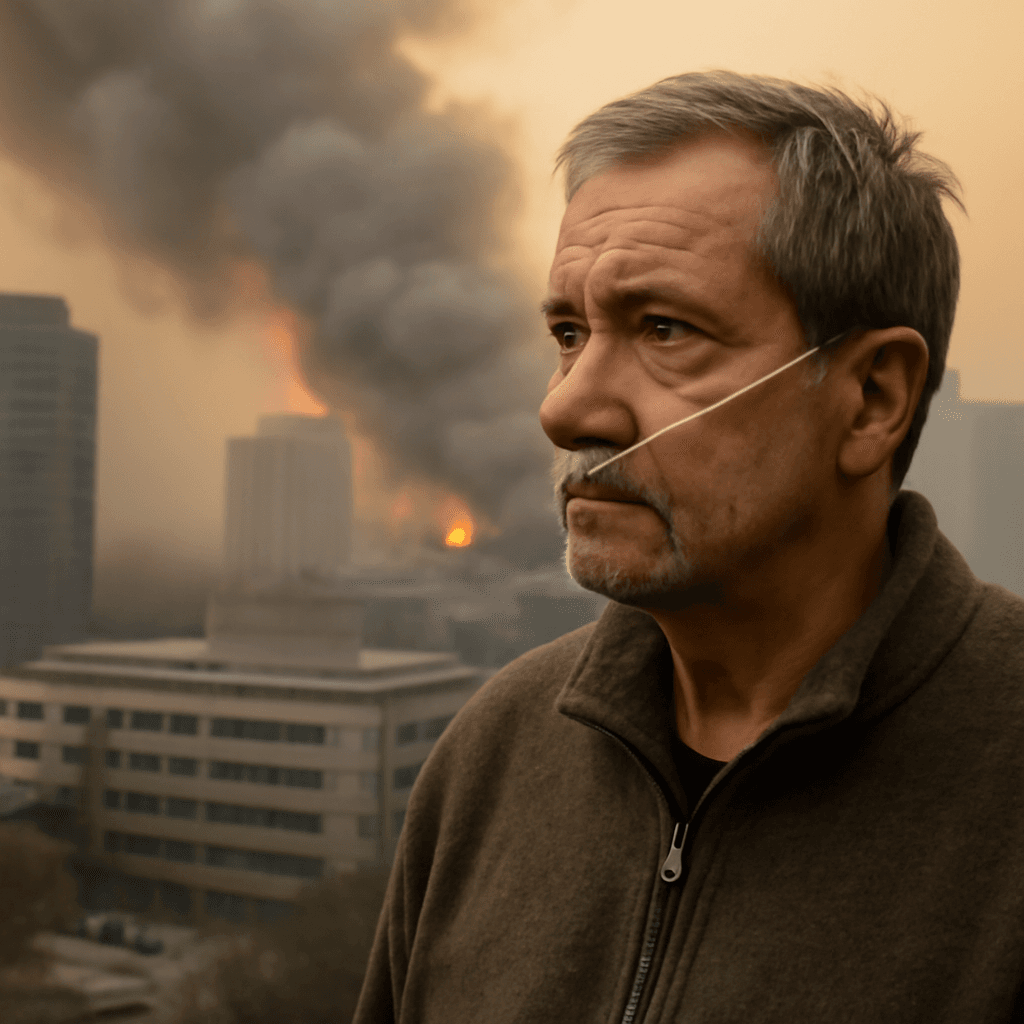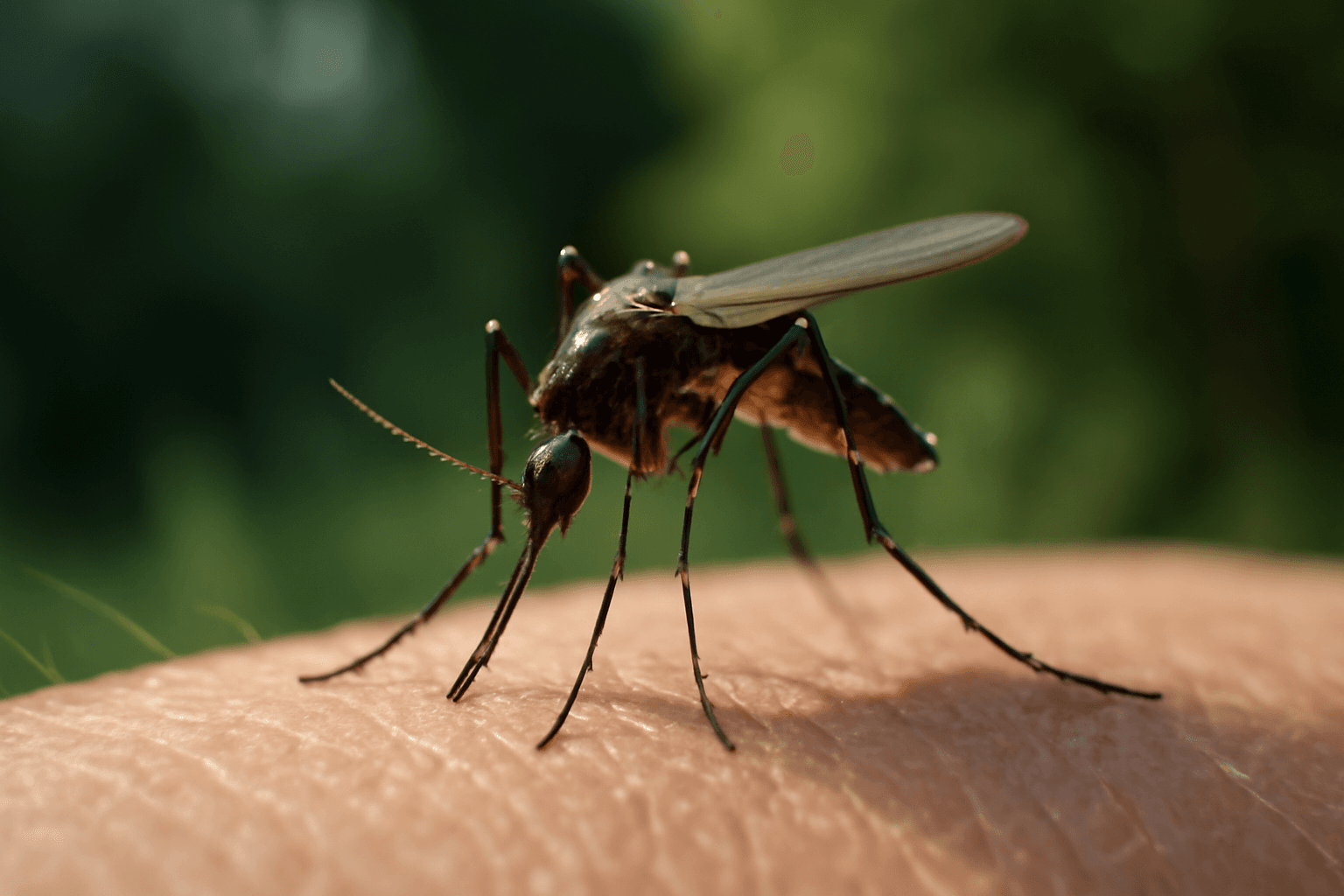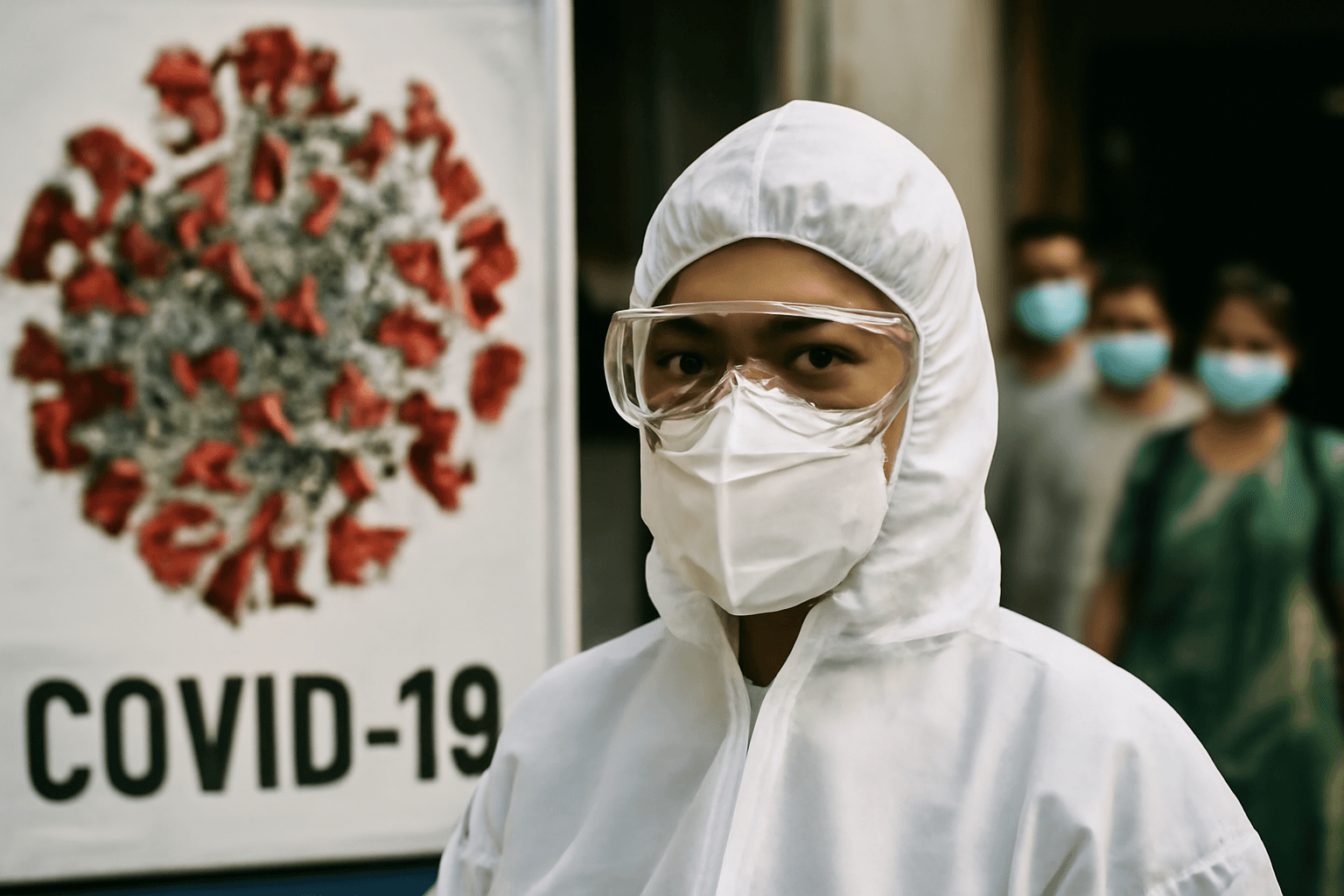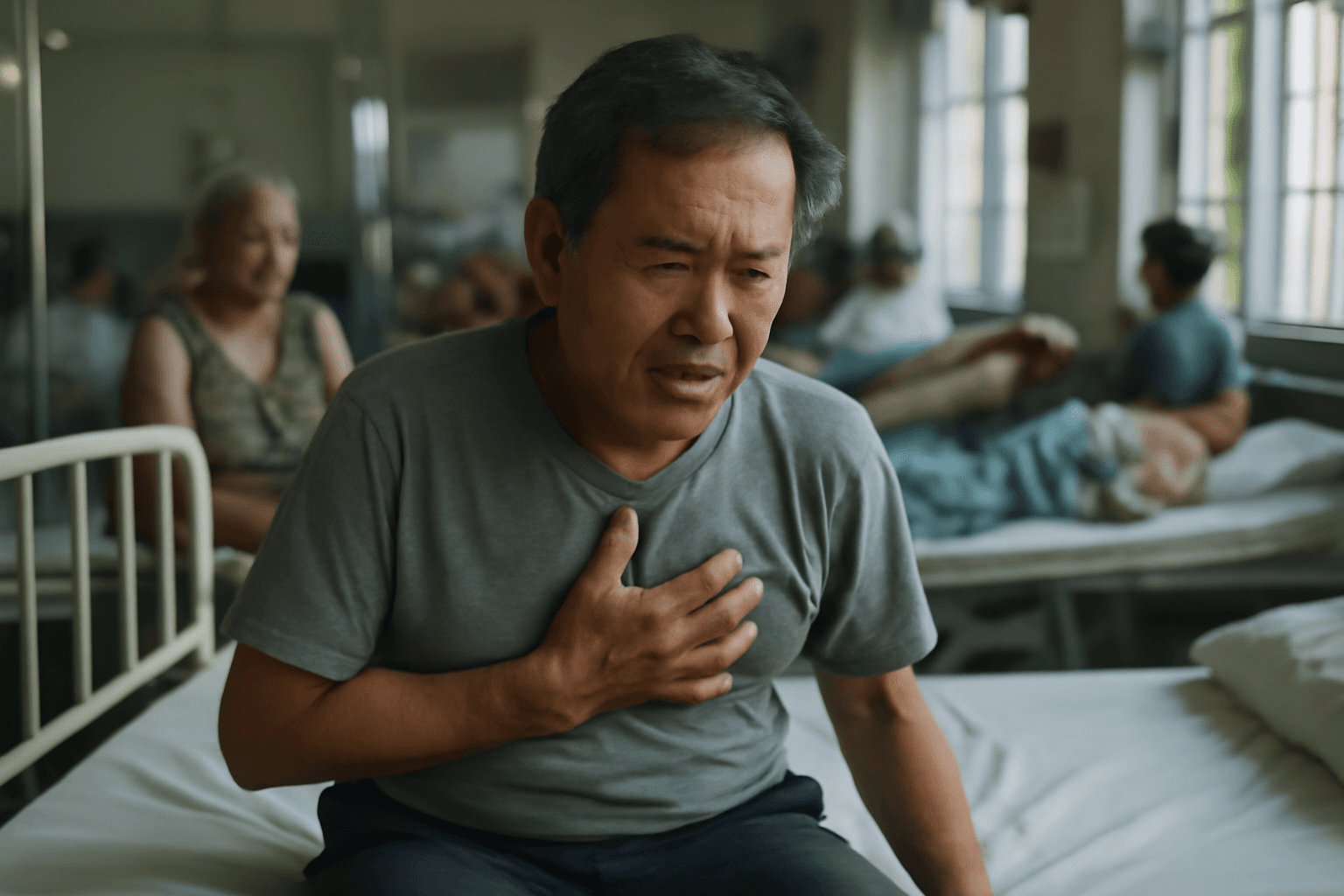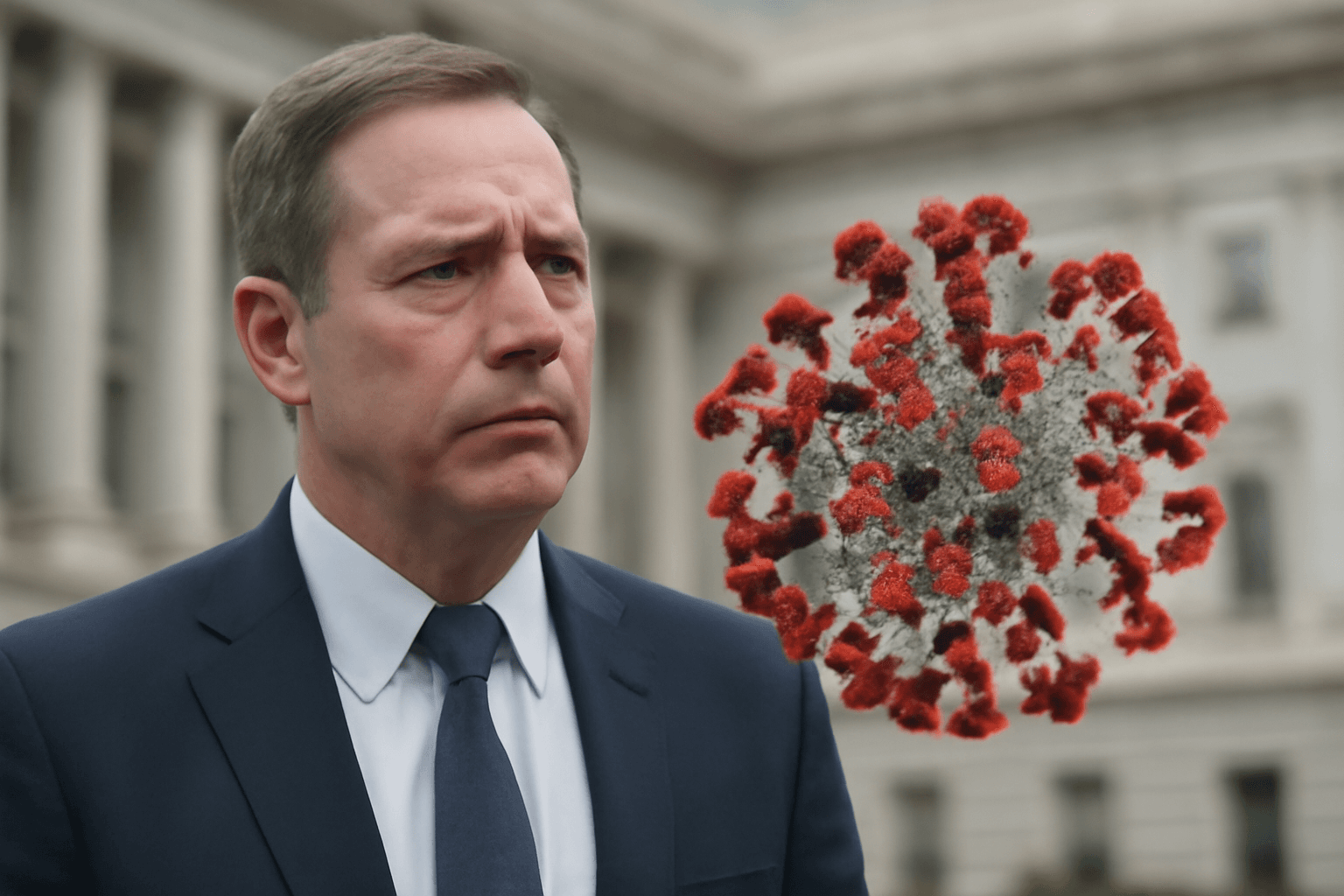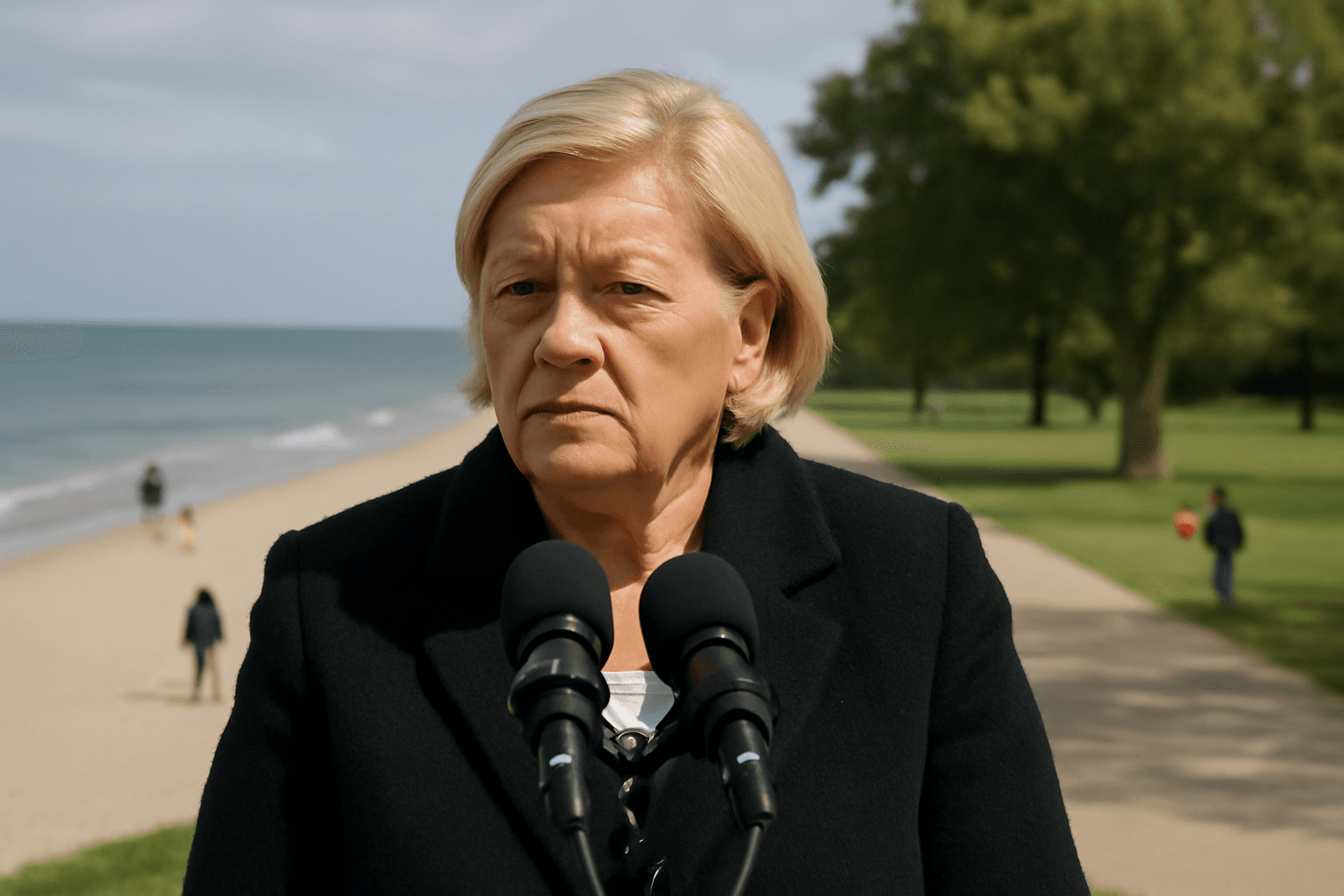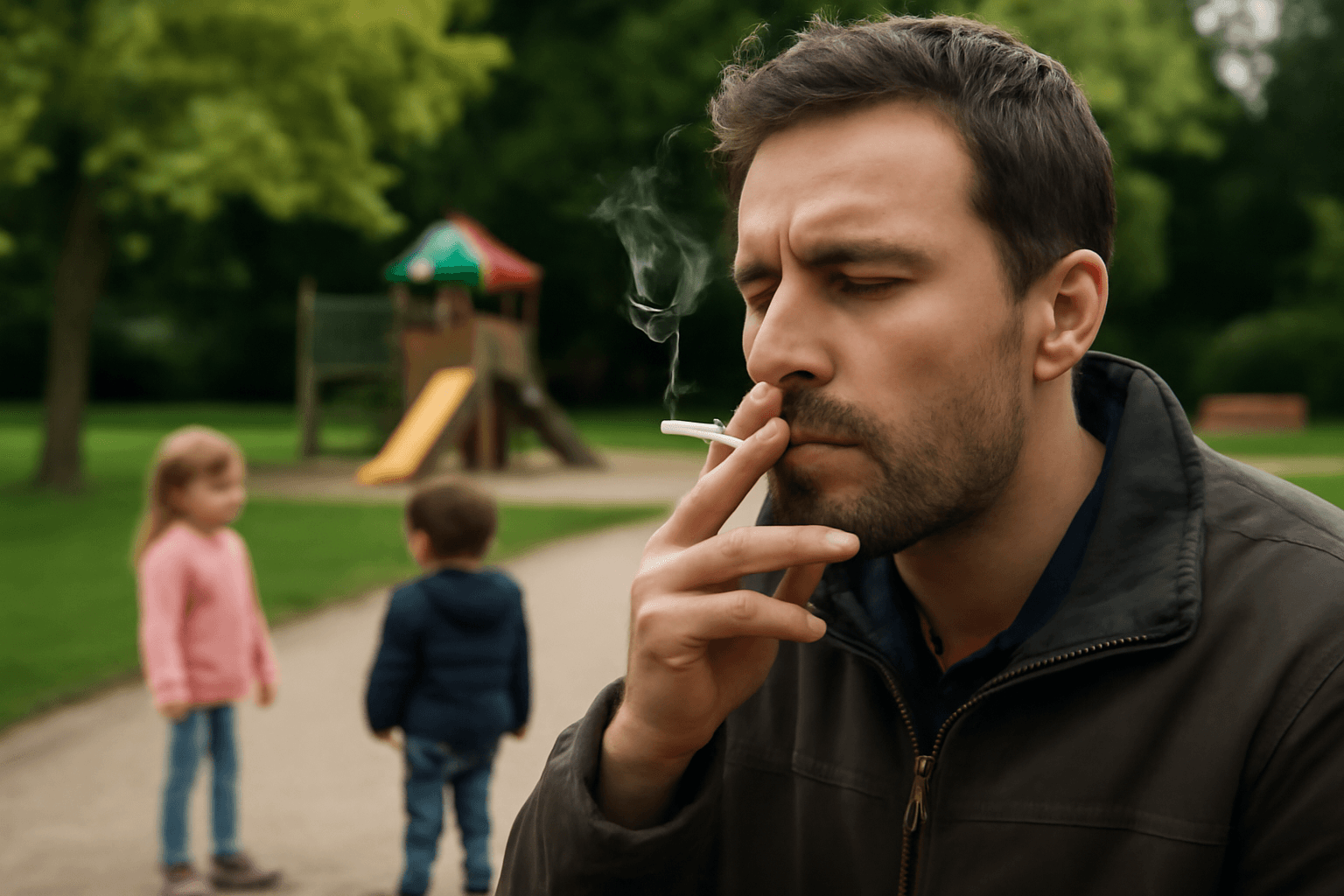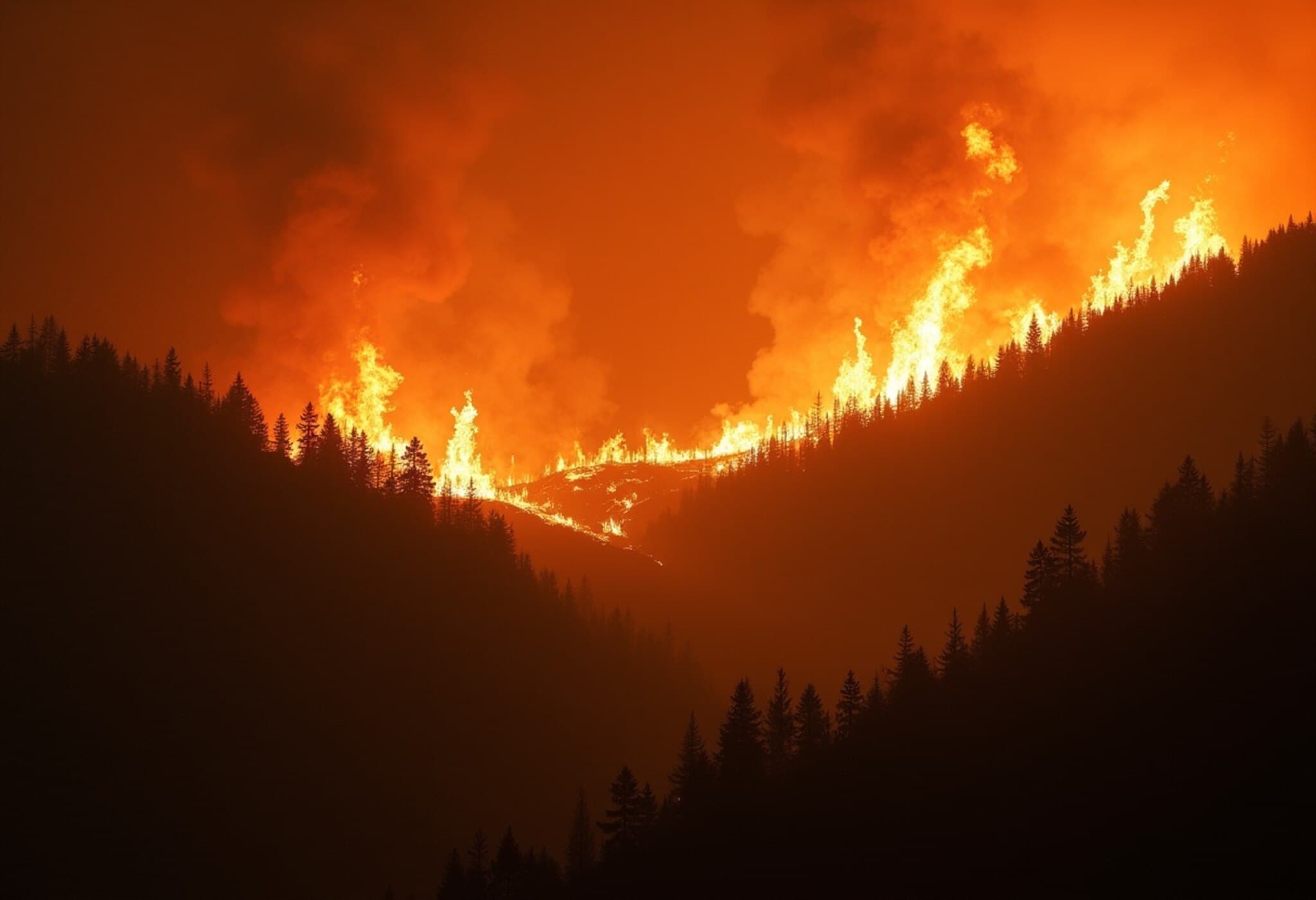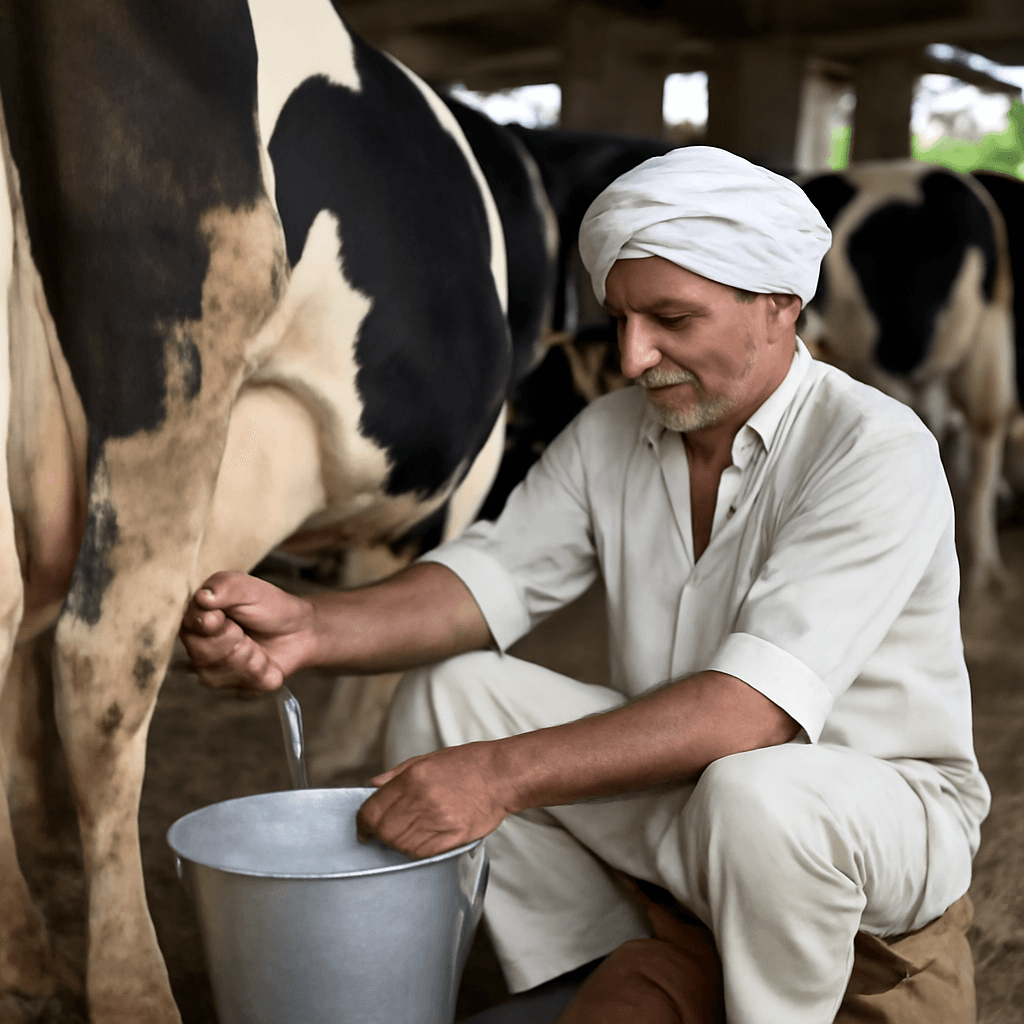Impact of Wildfire Smoke on Lung Cancer Survival
Recent research indicates that exposure to wildfire smoke could significantly reduce survival rates among patients diagnosed with non-small cell lung cancer (NSCLC), the most common form of lung cancer.
Study Overview and Findings
The study monitored over 18,000 individuals diagnosed with NSCLC between 2017 and 2020. It found that patients residing in areas with the highest levels of wildfire-related air pollution within a year following their diagnosis had increased mortality rates attributed to lung cancer.
Specifically, inhalation of fine particulate matter (PM2.5), particles smaller than 2.5 microns capable of deeply penetrating lung tissue, was linked to a 20% higher risk of lung cancer-related death.
Vulnerable Patient Groups
The impact was particularly pronounced among:
- Non-smokers with advanced stage 4 lung cancer, who experienced a 55% increased risk of mortality related to wildfire smoke exposure.
Insights on Treatment Interactions
Interestingly, the study also observed that for stage 4 lung cancer patients with a history of smoking, survival was not significantly affected by wildfire smoke if they were undergoing immunotherapy treatment. This suggests a potential interaction between smoke exposure and certain cancer therapies that requires further investigation.
Methodology
Advanced modeling techniques were utilized to estimate daily air quality levels at patients’ home addresses, integrating data from satellites, meteorological models, smoke forecasting systems, and ground-level air quality monitors.
The Toxicity of Wildfire Smoke
Wildfire smoke is considered more hazardous than typical air pollution. Besides soil and biological particles, it often includes traces of harmful substances such as chemicals, metals, plastics, and synthetic materials, amplifying health risks.
Public Health Implications
Given the increasing frequency and intensity of wildfires across California and other regions, targeted health strategies are essential to protect vulnerable populations, especially cancer patients.
Lead researcher Dr. Surbhi Singhal emphasized the need for such interventions to address the escalating challenge posed by wildfire smoke to individuals with serious health conditions.

